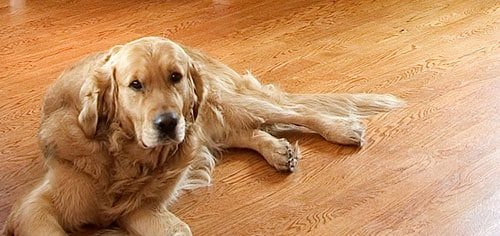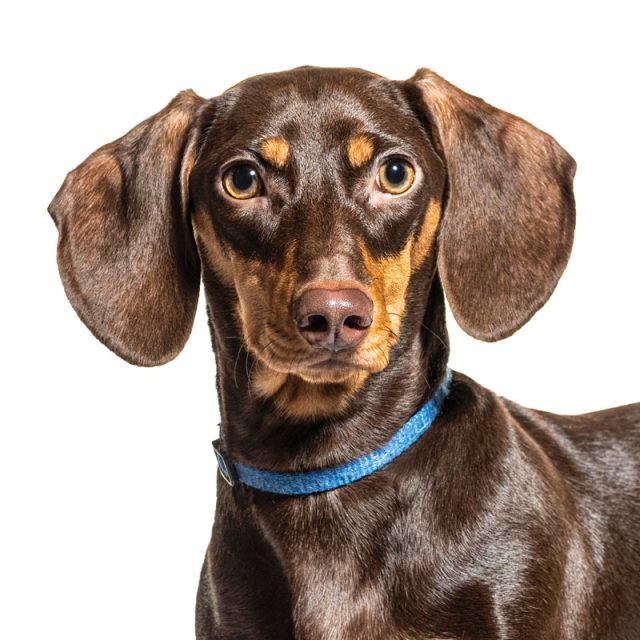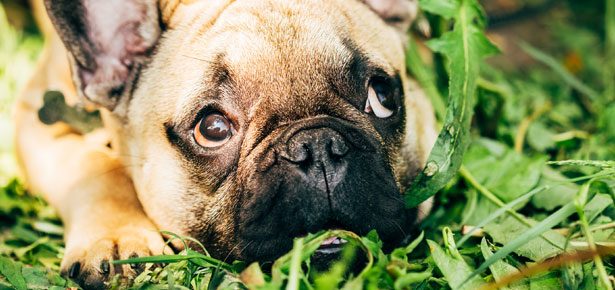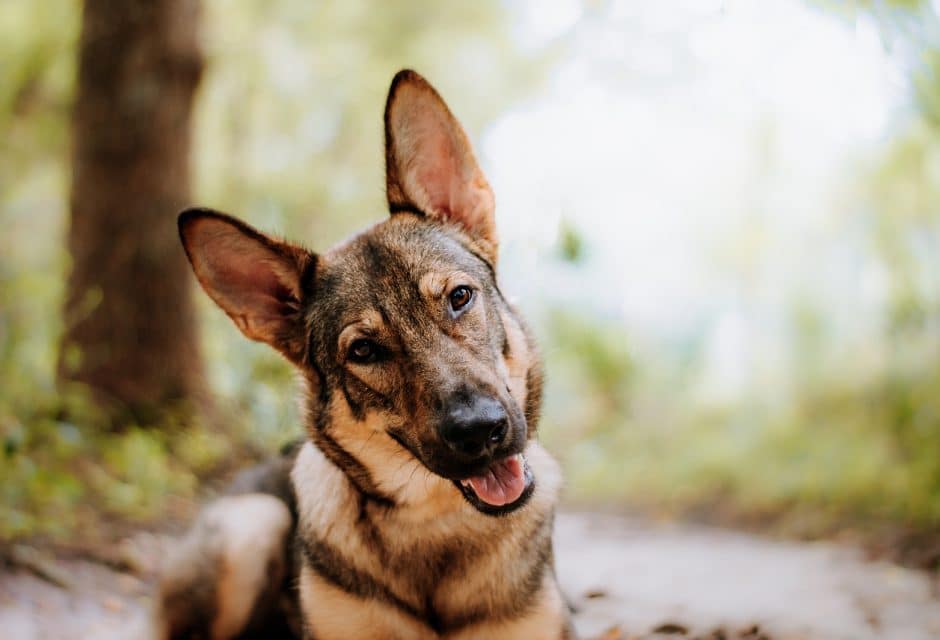

Home Remedies for Common Dog Ailments
Essential home remedies according to a leading veterinarian!
As a pet parent, you’ve likely faced common pup problems, such as scrapes, barfing, and loose stools. The good news is there are safe, holistic solutions for these common canine health issues. Here, holistic veterinarian Dr. Jennifer Marshall, DVM of Edmonton Holistic Veterinary, shares her favourite at-home remedies you should have in your pantry or refrigerator. She covers common ailments, including upset stomach and bile pukes, loose stool and diarrhea, yeasty, itchy ears, and wounds, hot spots, and more! Read on for holistic, at-home solutions for common canine health issues from vomiting to diarrhea.
Morning “Hunger” Pukes
First, evaluate: Does this occur when your dog eats whole or raw food, especially diets with high fat or bone content? If so, shift to less bone content or gently cooked meals. Otherwise, try a higher fibre late-night snack (like well-cooked green beans) or a bit of your dog’s regular food at bedtime to encourage stomach emptying.
 Upset Stomach and Bile Pukes
Upset Stomach and Bile Pukes
Fresh ginger tea. Steep a slice of fresh ginger in hot water for 5 minutes, then let it cool and give ¼ to 1 teaspoon orally (roughly depending on the size of the dog) twice daily.
Slippery elm powder can also be combined with a small amount of water to create a soothing mucilage that can be given orally twice daily (about ¼ teaspoon of the powder per 20 lbs of body weight).
 Loose Stools/Diarrhea
Loose Stools/Diarrhea
Natural apple pectin. Start with ⅛ of a teaspoon for a 10 lb. dog. Maximum dose would be ¼ to ½ teaspoon for a larger dog. Mix with a little warm water to form a gel, and then stir into a gentle bland diet until diarrhea resolves.
 Yeasty, Itchy Ears
Yeasty, Itchy Ears
Chronic ear infections are a common problem with dogs and often have an underlying issue that needs to be addressed for successful long-term resolution—talk to your vet!
For occasional cleaning, a solution of white or apple cider vinegar (1 part vinegar, 4-6 parts water) can be used. Be careful not to introduce moisture often into dogs with non-erect ears—this favours yeast overgrowth. If moisture seems to precipitate ear infections, manual drying or very occasional loosening of wax with olive oil might be a better maintenance choice. Always consult a veterinarian if the ear is painful, red, swollen, or has significant discharge, or odour.
Dry/Cracked Paw Pads
DIY Pet Paw Balm
What you’ll need:
• 6, 1 oz heat-safe tins
• mall pot or double boiler
• 2 oz olive oil
• 2 oz coconut oil
• 1 oz shea butter*
• 4 tsp beeswax
* Be sure to use shea butter and not cocoa butter, as cocoa butter can be toxic to dogs.
Instructions:
• In a small pot or double boiler, melt the oils, shea butter, and beeswax over low heat. Stir continuously until it’s all melted and well blended.
• Pour the mixture into the heat-safe tins.
• Let them cool on the counter until they harden.
• Cap and label.
• Keep away from extreme heat.
• Use within 1 – 2 years.
This recipe will make enough to fill approximately 21-24 standard lip balm tubes or six 1 oz tins.
Itchy, Irritated Paws
Rinses or soaks in cooled chamomile tea or diluted apple cider vinegar (1 part vinegar, 4-10 parts water) can help. If more cleaning/loosening of pollen or irritant material is needed, diluted lavender Castile soap followed by cold water rinsing and thorough drying can help.
 Home Dental Care
Home Dental Care
If your dog doesn’t like or tolerate commercial pet toothpaste, you can use coconut oil or cooled green tea on a soft cloth to gently wipe the teeth and gums to remove plaque and encourage healthier gums.
Motion Sickness
Homeopathic Cocculus indicus (only use good brands like Boiron) at a strength of 6CH or 30CH. Give 3 – 5 pellets orally, 30 – 60 minutes prior to travel and repeat again in 4 hours if needed.
¼ to ½ teaspoons of cooled, fresh ginger tea given 30 – 60 minutes prior to travel
A cotton ball with a couple of drops of lavender essential oil can be placed in the vehicle (not directly by the dog).
 Minor Scrapes
Minor Scrapes
Apply Calendula officinalis ointment (even better if the ointment also contains Echinacea) to the scrape until healed.
Hot Spots
Trim overlying fur gently to allow better air flow, then gently clean with natural soap and water—I like diluted Castile soap or natural laurel oil soap. Pat dry. If a mild, moist infection appears to be present, apply Manuka Honey with a UMF rating of at least 10 (20 or greater is better) once or twice daily. Severe, painful infections require the help of a vet.
—Tracey Tong
*As always, check with your vet to ensure the remedy is right for your dog and that there isn’t a greater underlying issue.
This article originally appeared in the award-winning Modern Dog magazine. Subscribe today!
Join the newsletter and never miss out on dog content again!
"*" indicates required fields
By clicking the arrow, you agree to our web Terms of Use and Privacy & Cookie Policy. Easy unsubscribe links are provided in every email.
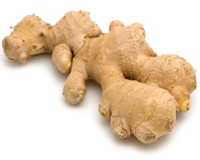 Upset Stomach and Bile Pukes
Upset Stomach and Bile Pukes 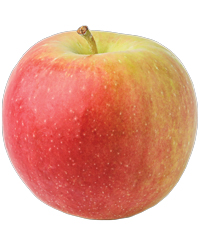 Loose Stools/Diarrhea
Loose Stools/Diarrhea 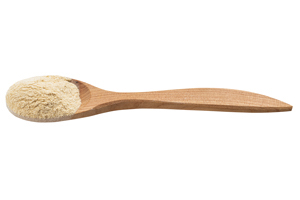
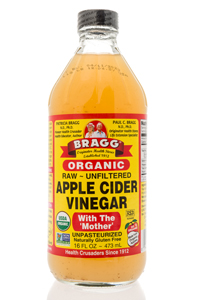 Yeasty, Itchy Ears
Yeasty, Itchy Ears 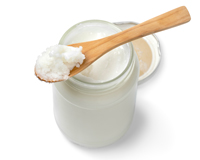
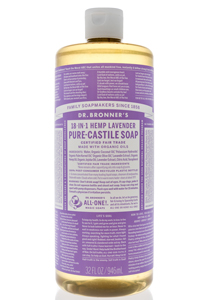
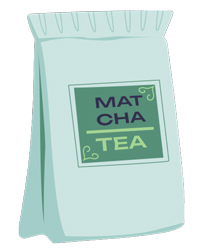 Home Dental Care
Home Dental Care  Minor Scrapes
Minor Scrapes 